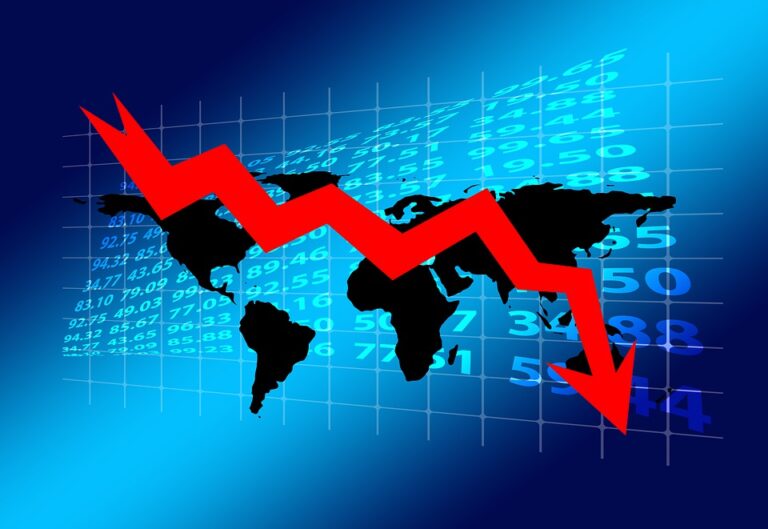Recessions
Recessions – downturns in the business cycle – are an inevitable characteristic of the economic landscape. They come and go, and although ostensibly bad news, they need not affect your portfolio adversely. In terms of investment opportunities, recessions are no different to boom times, one reason why the stock market has been climbing even as the economy falters. However, recessions are notoriously difficult to predict, which has prompted the acclaimed economist, Paul Samuelson, to famously quip, “the stock market has forecast nine of the last five recessions.” So, if market timing is not the answer, can we prepare for the inevitable, even though its arrival is uncertain? Perhaps. In what follows, we’ll take a look at how you might protect your portfolio when the economy falls into recession.
Trade Cycles
The business cycle is a defining feature of modern economies; since the 1980s, we’ve had three. The first lasted over eight years, from trough-to-trough, starting in September 1982, when the economy grew for 92 months, peaked in July 1990, and then contracted for eight months after that. The second cycle ran for almost 11 years, from March 1991 to November 2001, growing for ten of those years and contracting for eight months. The third cycle started in December 2001 and ended in June 2009, with a peak occurring in December 2007. We were in a fourth cycle that hit its peak in February 2020 before the pandemic slowed economic activity.
Recession Strategies
A strategy that takes account of the trade cycle is an essential aspect of portfolio planning. In a bull market, every portfolio looks good, or as Warren Buffet has put it, “You only find out who is swimming naked when the tide goes out.” Naturally, investment decisions are useless unless they incorporate investor preferences. However, a number of general observations on asset classes and approaches to investing can assist in rebalancing a portfolio in a recession.
Historically, there has been a correlation between asset class performance and phases of the business or trade cycle, for asset performance is largely driven by cyclical economic factors, such as corporate earnings, interest rates, and inflation. These forward indicators are helpful, sometimes, in identifying the current phase of the business cycle.
Stocks and Bonds
Generally, stocks have done best when the economy is growing. Business confidence and investment is at its highest then and so too, unfortunately, is “irrational exuberance” so naturally valuations and stock prices go up. On the other hand, in a downturn, business expectations fall and valuations and stock prices soon follow.
By contrast, bonds and other debt exhibit an inverse pattern, yielding best returns during a recession and their weakest performance as a boom develops.
Put Options
Options are a great way to hedge risk, in this case the risk that stocks you own will suffer price declines. Think of them as a type of insurance. If nothing bad happens, you won’t need them. However, if stock prices fall, they’re there to cover you. A stock option gives you the right to buy or sell a particular stock at a specified price at a specified date. However, there is no obligation. You don’t have to exercise the option. You don’t have to buy or sell the stock.
Options to buy are called “call” options. But to hedge your portfolio against recession risk, you’ll need “put” options, which give you the right to sell stock. Options also allow you to limit loss. Without them, losses depend on how far stock prices fall. With a put option, your greatest possible loss is the price or premium of the option.
Value vs. Growth
A change in investing approach may also help weather a recession, by shifting the focus away from “growth’ stocks to “value” stocks. Growth stocks are the stocks of the companies that hold the promise of doing very well and thus enjoying higher valuations in the future. As will be obvious, such expectations may be misplaced if the economy is entering a slump. Yet, even in a recession, there may still be investment opportunities to purchase stocks that are undervalued, so called value stocks. You’ll be in good company, if you do. No less a personage than Warren Buffett has written that this is the only true way to invest. Buying something for less than it’s worth, he says, is investing. Buying something in the hope the price will go up, on the hand, is simply speculation.
If you’d like to find out more about protecting your portfolio in a recession, please contact…

